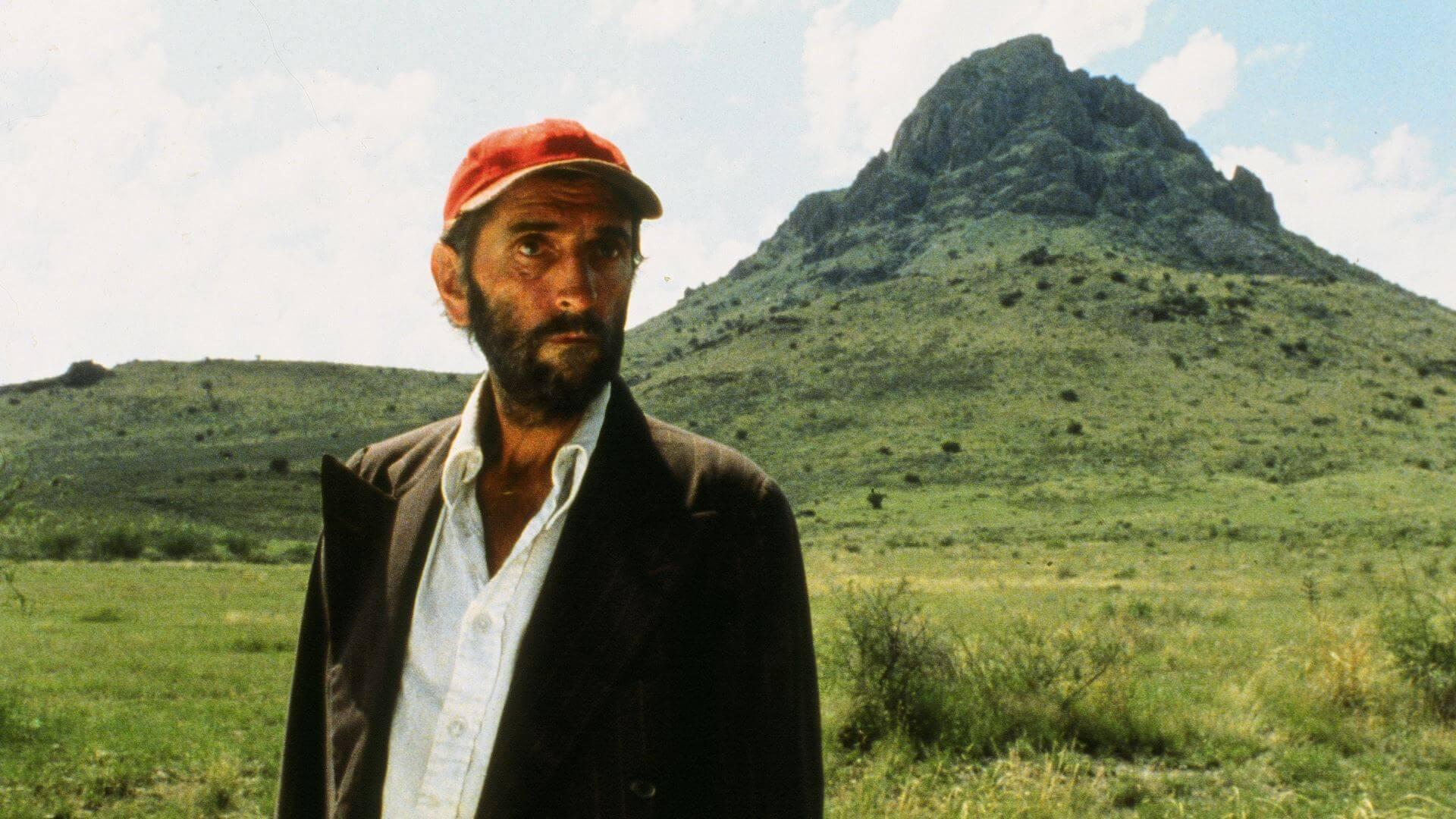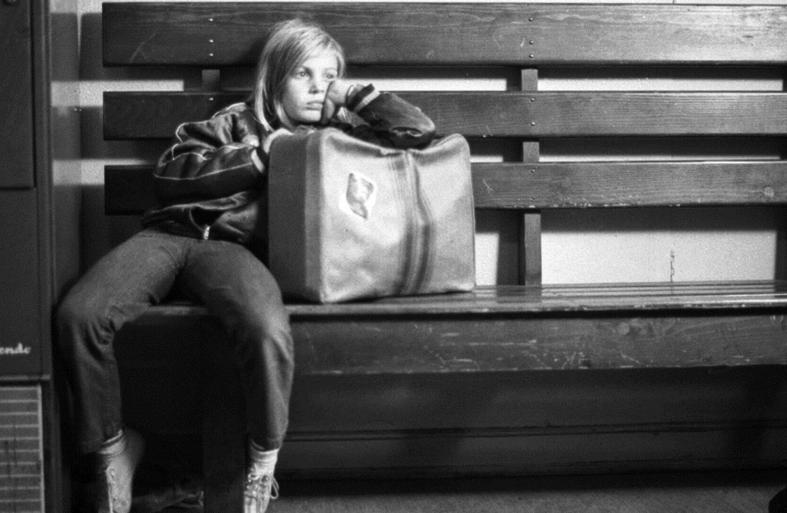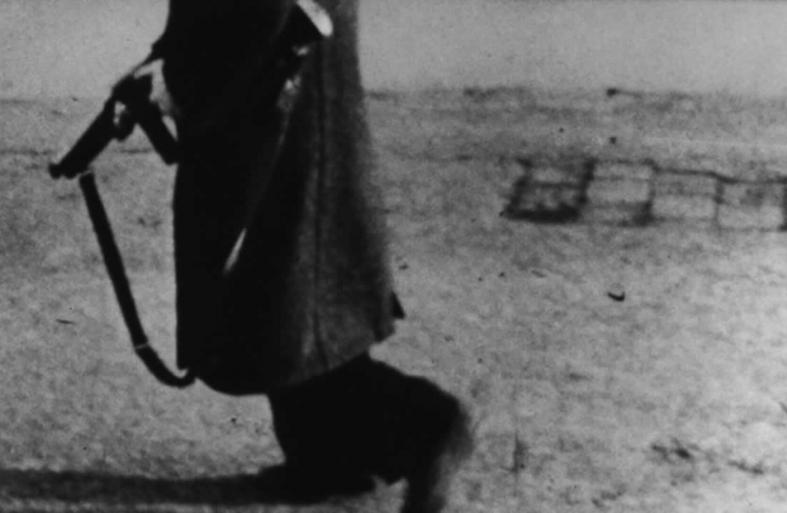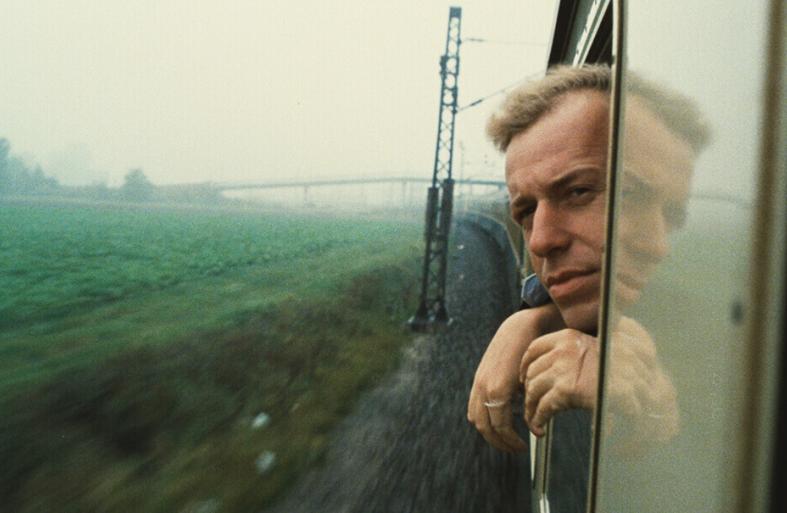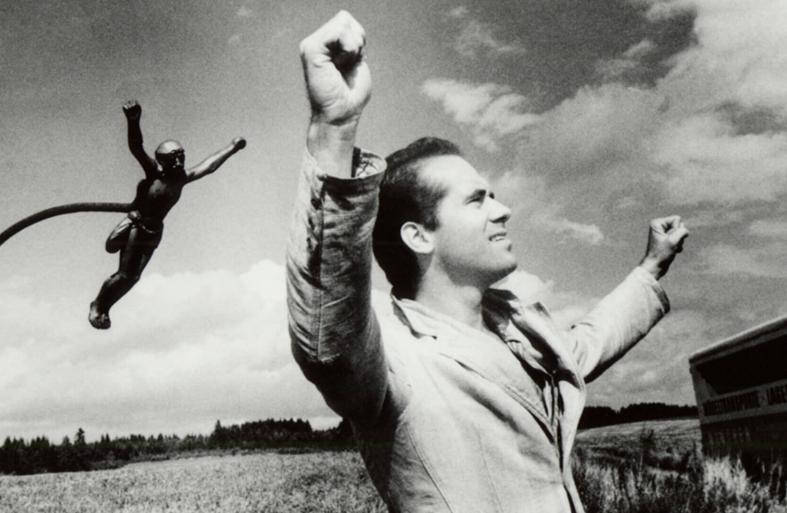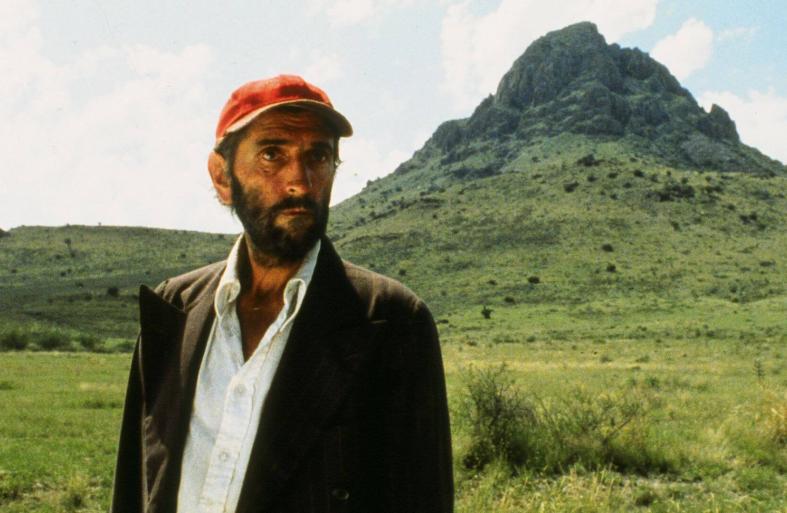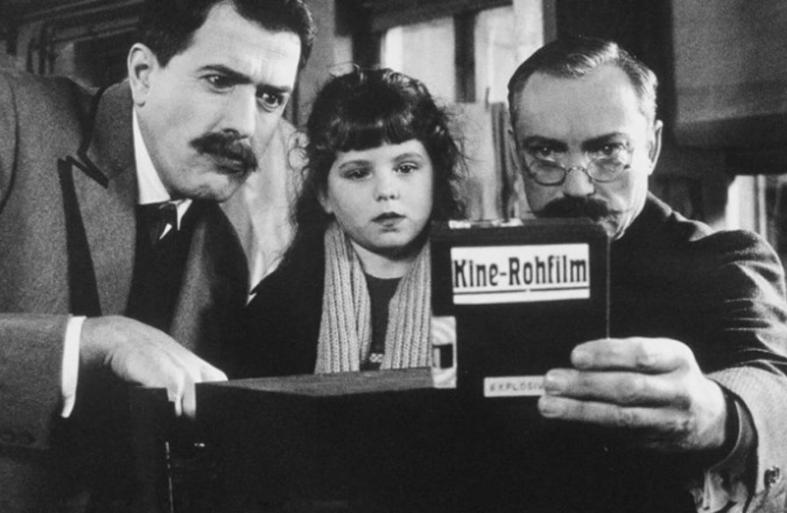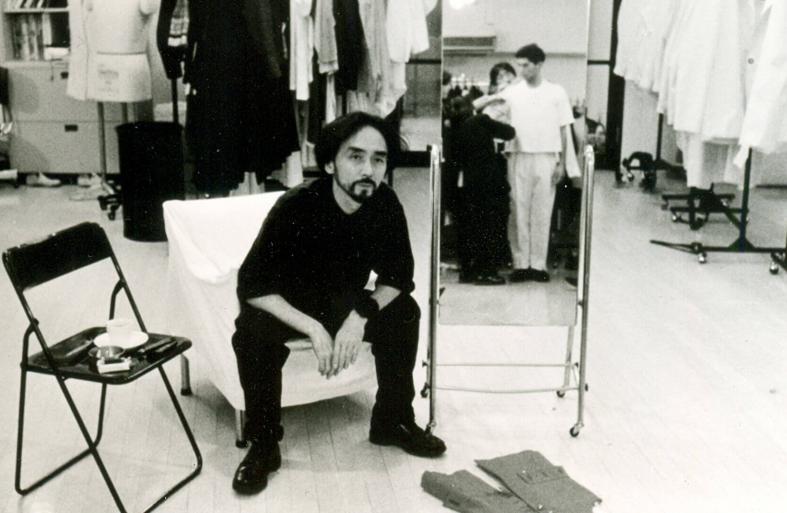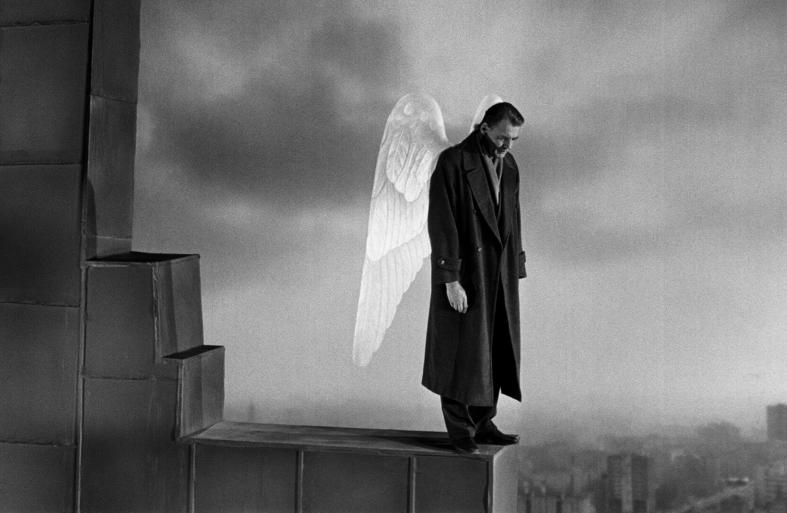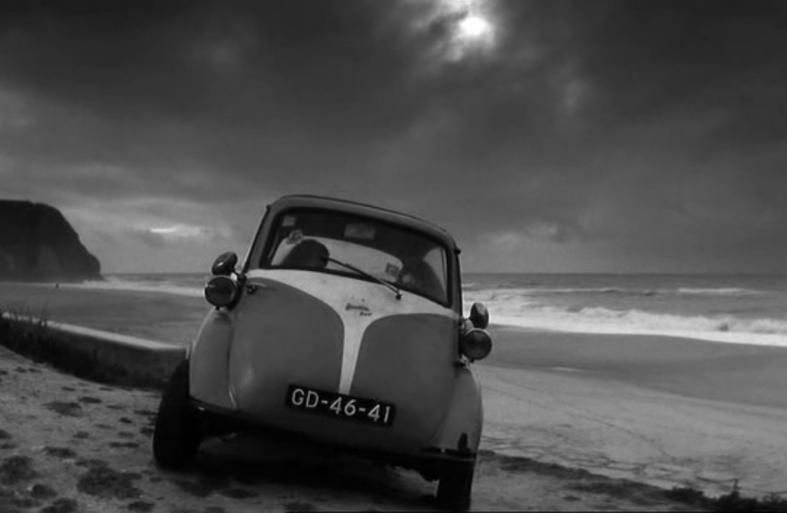Wim Wenders was born in August 1945, a few months after the end of World War II in Düsseldorf. He arrived to art after a few semesters studying medicine and philosophy, at the end of which he moved to Paris to study art. At the end of 1967, he returned to Munich and studied film, and in 1970 began directing his first film, Summer in the City. He was part of the wave of young filmmakers that swept German cinema in the early 1970s and was named "the new German cinema". Among the most prominent of its members were Volker Schlondorff, Werner Herzog, Rainer Werner Fassbinder, Jean-Marie Straub and others. These artists expressed their displeasure with German cinema of that time. Soon each of them turned in different directions. Fassbinder created radical cinema, Herzog was interested in existential questions, and Wenders turned to exploring the human psyche, against the backdrop of life in Germany and Europe of those days. Wenders learns to stylize his questions through the genre of the road-movie - an essentially American genre - through which he leads his protagonists, mainly silent and restless men, through landscapes that take an active part in the plot. For Wenders, the story is the journey and the hero is the traveler, that is, those who are wandering, restless, seeking redemption for themselves. This turmoil appears in a series of key works of the 1970/80s.
This month's program focuses on this chapter in Wenders' career, and ends with his most prominent films, Wings of Desire and Notebook on Cities and Clothes - two very different films that, in their own way, bring Wenders’ work to its peak. Here Wenders best articulates his humanistic vision of fraternity and freedom through cinematic means, while the image of the road expresses the possibility of connection and friendship rather than escape and loneliness. The great changes in Europe and around the world that will follow soon will make Wenders' vision a reality.



